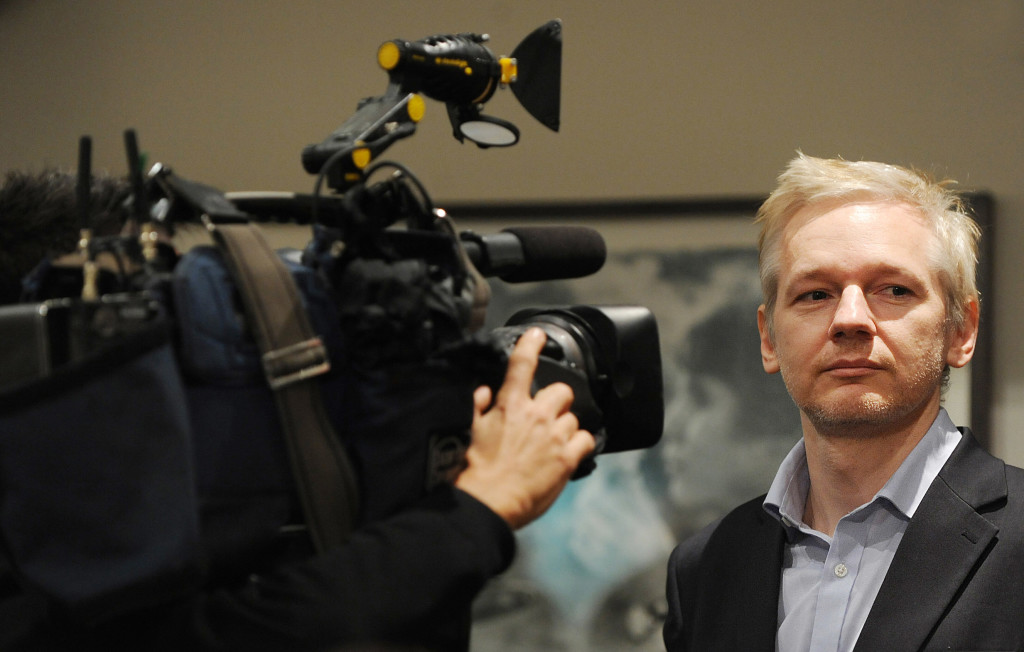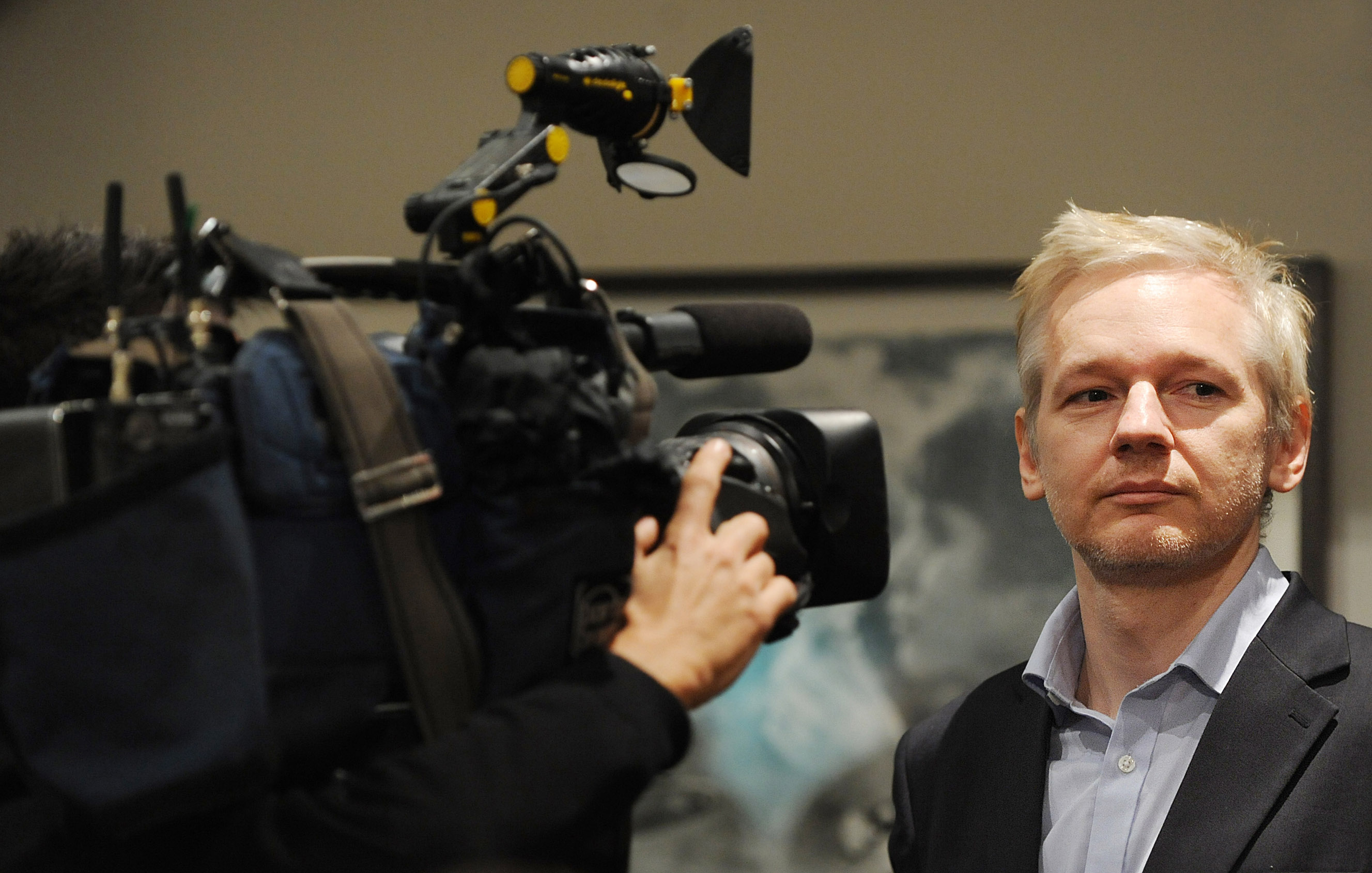Why Was President Obama Called As a Witness for WikiLeaks Suspect?
December 16, 2011
Share
In the lead-up to Bradley Manning’s pre-trial hearing, which began today, his attorney released a list of potential defense witnesses [PDF]. Though the names were redacted, the details about one particular witness — specifically a reference to “improper comments [made] on 21 April 2011” — point to one person in particular: President Barack Obama.
The reason why Obama’s on this list — though the government objected to virtually everyone on it — offers an interesting glimpse into the rules of the military justice system.
The story begins this past April, after a $5,000-a-head fundraiser in San Francisco. Several Manning supporters, including Logan Price, engaged in a conversation about the alleged leaker with the president. The president’s comments were caught on video:
Obama’s words — “he broke the law” — sparked outrage. “Apparently the President of the United States of America and a self-described Constitutional scholar does not care that Manning has yet to be tried or convicted for any crime,” wrote Michael Whitney on the website Firedoglake.com. Salon‘s Glenn Greenwald called it “gross and manifest,” asking “how can Manning possibly expect to receive a fair hearing from military officers when their Commander-in-Chief has already decreed his guilt?”
What Greenwald’s referring to is something called “unlawful command influence,” a portion of the Uniform Code of Military Justice that prohibits high-ranking officers from wittingly or unwittingly influencing a subordinate in an ongoing case. It went into effect after World War II “in response to what many members of Congress, who were WWII vets, saw as unfairness,” says Eugene Fidell, the co-founder and former president of the National Institute of Military Justice and a lecturer at Yale Law School.
“There were cases where the word would get out that they wanted to nail somebody in a court-martial,” he explained, “and it would get passed down the chain to the panel [the military’s version of a jury] for the preferred outcome.”
Morris Davis, the chief prosecutor at Guantanamo Bay from 2005-07 and director of the Crimes of War Project, recounted the practice in a Los Angeles Times op-ed:
In 1949, Gerald Ford, then a congressman from Michigan, described his firsthand experience with command influence when he served as a Navy officer in World War II. He said: “Too often a court-martial board does not determine the guilt or innocence of the accused.” Instead, he recalled military jurors retiring to the deliberation room to ponder, “What does the Old Man [the commander] want us to do?”
“When the jurors retire to the deliberation room at the Manning court-martial,” wrote Davis, “they will not have to speculate on the answer; arguably the most important ‘Old Man’ of them all has spoken, and he said Manning is guilty.”
White House spokesman Tommy Vietor told MSNBC the president was speaking generally, and “was not expressing a view as to the guilt or innocence of PFC Manning specifically.”
A sitting president has never been compelled to testify in a court-martial because of unlawful command influence, and according to Fidell, Obama is unlikely to be the first.
“There’s nothing wrong with making the motion” and “leaving no stone unturned,” he told FRONTLINE about Coombs’ persistence. But when asked if there’s any chance Obama would appear, Fidell responded quickly: “Zero.”
Manning is charged with 22 counts related to his alleged leaking of hundreds of thousands of classified documents to the whistle-blowing website WikiLeaks. He faces the potential of life in prison.
Related Documentaries
Latest Documentaries
Related Stories
Related Stories
Explore
Policies
Teacher Center
Funding for FRONTLINE is provided through the support of PBS viewers and by the Corporation for Public Broadcasting, with major support from Ford Foundation. Additional funding is provided the Abrams Foundation, Park Foundation, John D. and Catherine T. MacArthur Foundation, Heising-Simons Foundation, and the FRONTLINE Trust, with major support from Jon and Jo Ann Hagler on behalf of the Jon L. Hagler Foundation, and additional support from Koo and Patricia Yuen. FRONTLINE is a registered trademark of WGBH Educational Foundation. Web Site Copyright ©1995-2025 WGBH Educational Foundation. PBS is a 501(c)(3) not-for-profit organization.





















